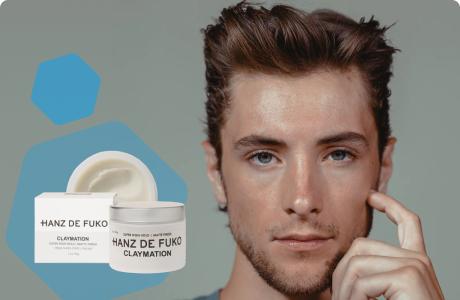Helping a premium skincare brand overcome fulfillment challenges and scale on Amazon
Stock Limits
FBA In-Stock Rate
Buy Box Captured
The challenge: Transitioning from 1P to 3P with logistical hurdles
A premium skincare brand known for its hive-based ingredients—including honey, propolis, and melexylem—shifted from a first-party (1P) seller model to a third-party (3P) direct-to-consumer approach in September 2021. However, this transition came with unexpected challenges, including inventory shortages and significant fulfillment delays. These issues prevented the brand from increasing its storage limits on Amazon, resulting in frequent stockouts, slower deliveries, and declining customer satisfaction. With the holiday season fast approaching, they needed a solution to stabilize their supply chain and maximize seasonal sales.
About the brand
This premium skincare company specializes in natural and organic personal care products that deeply hydrate, soothe, and nourish the skin. Their portfolio includes two brands—one focused on certified organic skincare formulated with raw honey and propolis, and another dedicated to 100% natural feminine care, designed to maintain moisture balance and pH health.
Key obstacles
• Long fulfillment delays · The brand’s third-party logistics (3PL) provider took 3–4 weeks to process shipments
• Inventory restrictions · Limited stock levels on Amazon prevented them from scaling
• Stockouts and declining reviews · Frequent out-of-stock listings led to lost sales and frustrated customers
• Holiday deadline pressure · They needed to quickly improve logistics before peak shopping periods
The solution: A strategic fulfillment shift
To help the brand overcome these obstacles, the Amify team implemented a multi-pronged strategy aimed at improving inventory flow and account health.
- Diversifying fulfillment options – Instead of relying solely on their existing 3PL, inventory was split between multiple fulfillment channels. A portion of shipments were sent directly to Amazon while the remaining stock was stored at Amify’s fulfillment center for added flexibility.
- Implementing an FBM backup – Amify enabled Fulfilled by Merchant (FBM) capabilities across 95% of the brand’s catalog. This ensured that even when FBA stock ran low, customers could still purchase in-stock items from the Amify warehouse.
- Boosting storage limits – By minimizing stockouts and improving overall account performance, Amazon increased the brand’s inventory limits, allowing them to stock significantly more products for the holidays.
Results
• 29X increase in stock limits · Amazon’s inventory limits surged from 2,000 to over 58,000 units
• 97.5% FBA in-stock rate · A dramatic improvement in fulfillment reliability
• 93% Buy Box capture rate · Stronger inventory management led to a higher share of branded demand
The impact
By late September, the brand had turned its fulfillment challenges around. Amazon Prime shipping guarantees were reinstated on their listings, and “out of stock” issues were virtually eliminated. With the ability to fulfill orders through both FBA and FBM, they successfully entered the holiday season with sufficient inventory, ensuring strong sales performance.
The improvements drove long-term benefits as well, solidifying the brand’s presence on Amazon and positioning them for sustained growth in the 3P marketplace.
Case studies

Premium skincare brand overcomes fulfillment challenges to scale on Amazon
A premium skincare brand struggled with inventory shortages and fulfillment delays after switching from 1P to 3P sales.

Hanz de Fuko gains full control of the Amazon channel and drives 300% growth
Premium hair care brand Hanz de Fuko faced challenges from unauthorized sellers disrupting their pricing and brand presence.

Unlocking Amazon Growth For An Established Direct-To-Consumer Brand
Despite a retail presence in Macy’s, Sephora, and Ulta, a leading skincare brand struggled with unauthorized sellers and inefficient advertising.
